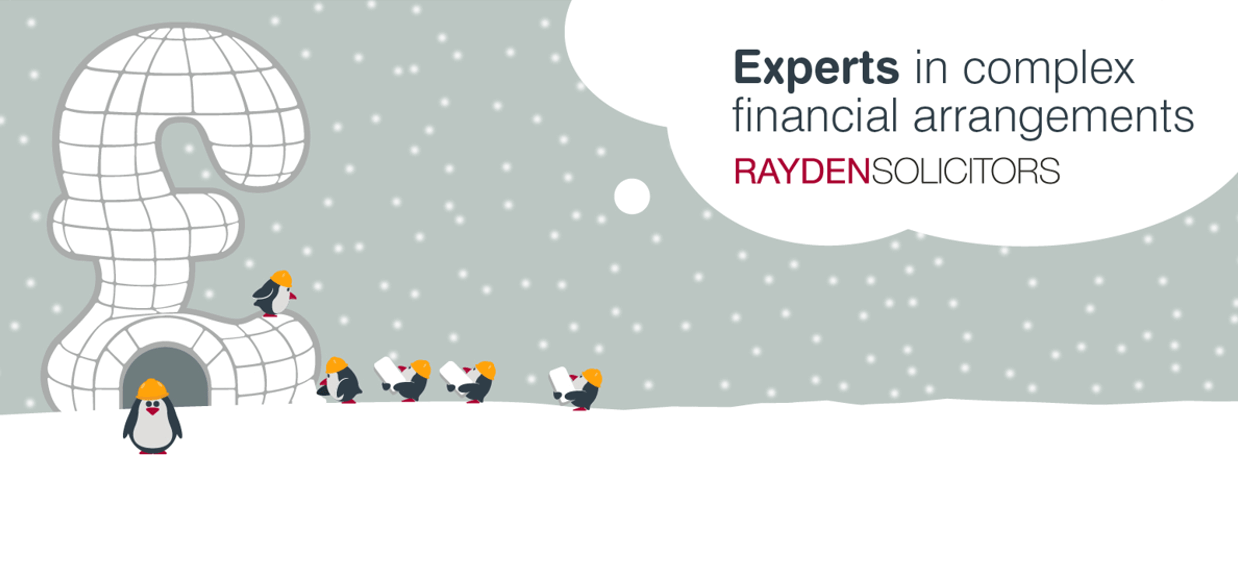An important consideration for anyone who is going through separation or divorce is what they would wish to happen to their estate in the event of their death given the change in their personal circumstances. It is often the case that a spouse’s wishes in this respect will change upon separation or divorce.
It is imperative for anyone going through a separation or divorce to consider either making a Will or amending an existing one to reflect any updated wishes in respect of who will inherit their estate.
What happens to my assets if I die once separated (but not yet divorced)?
- You have a valid Will
Your estate will pass under the provisions set out in your Will. This means that if you have appointed a spouse as an executor or trustee then this will remain a valid appointment. Additionally, if you have made any gifts for the benefit of your spouse then they will be valid.
If, as a result of the separation, you no longer wish for your spouse to inherit under your Will or be appointed as an executor or trustee, then you should consider making a new Will or making changes to your current Will.
- You do not have a valid Will
Your estate will pass under the rules of intestacy which is a statutory regime whereby your spouse and estate is divided and your family inherit in specific amounts and in a specific order, depending on your family circumstances.
If you do not have children, then the whole of your estate will pass to your spouse. If you do have children, then the first £270,000 of your estate and all of your personal belongings will pass to your spouse and the remainder will be divided equally between your children and your spouse. This means that if your estate is worth less than £270,000 that your children will not receive anything under the rules of intestacy.
Again, if you do not wish for your spouse to inherit any of your estate, you should consider making a Will to ensure that your estate passes to the beneficiaries of your choice.
What happens to my assets if I die after my divorce has been finalised?
- You have a valid Will
Your Will is not automatically void upon divorce and your estate will pass under the provisions set out within it, but it will be treated as if your ex-spouse had died during your lifetime. This means that any appointments as executor or trustee will fail and any gifts for the benefit of your ex-spouse will also fail. If yours spouse was the sole beneficiary of your Will, then your estate will pass under the rules of intestacy.
If, as a result of divorce, you wish to change the beneficiaries of your estate or who is appointed as an executor or trustee, then you should consider making a new Will or making changes to your current Will.
If you remarry following a divorce, then your Will is automatically revoked, and you will need to make a new one to avoid your estate passing under the rules of intestacy.
- You do not have a valid Will
Your estate will pass under the rules of intestacy. As you are no longer treated as having a spouse, your estate will pass to family members in a specific order depending on your family circumstances as follows:
- If you have children, then the whole of your estate will pass to them;
- If you do not have children, then your estate will be divided equally between your parents;
- If your parents have pre-deceased you, then your estate will be divided equally between any full siblings (or if they have pre-deceased you, their children);
- If you do not have full siblings, your estate will be shared equally between any half-siblings (or if they have pre-deceased you, their children);
- If you do not have half siblings, your estate will be shared equally between any living grandparents;
- If you do not have living grandparents, your estate will be shared equally between any living aunts or uncles (or if they have pre-deceased you, your cousins);
- If you do not have any living aunt’s and uncles, your estate will be shared equally between any half-aunts or half-uncles (of if they have pre-deceased you, your half-cousins); and
- If there are no relatives in any of the above categories, then your whole estate will pass to the Crown.
Again, if you want to ensure that your estate passes to the beneficiaries of your choice and not under the rules of intestacy, you should consider making a Will.
Action flowchart
Please see the attached flowchart relating to Asset split upon death after divorce or separation which sets out the position in each of the above circumstances which will assist you in considering what action you should take. If you’re concerned about how your assets will be split after divorce, get in touch with our expert divorce solicitors for more information.










